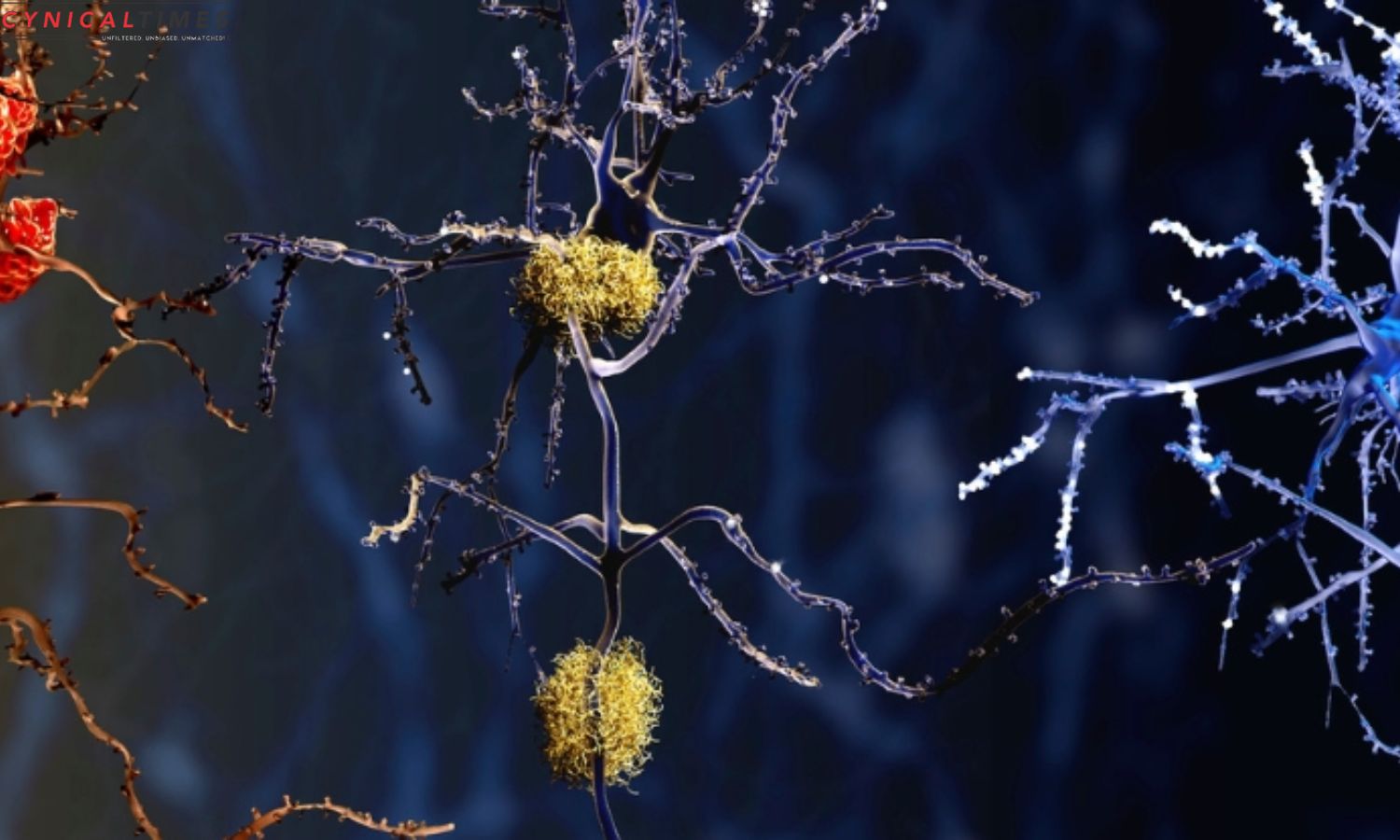Alzheimer Microglia Role: In an August publication, University of Washington-led research unveils disparities in the behavior of immune cells in Alzheimer’s-afflicted brains versus healthy ones, indicating a potential therapeutic target.
Microglia, the brain’s immune cells, displayed a heightened pre-inflammatory state in Alzheimer’s patients, potentially reducing their protective capabilities.
These versatile cells, crucial for brain health, transform to engulf invaders and waste. While their role in Alzheimer’s remains uncertain, some microglia excessively respond, contributing to inflammation and cell death.
Despite anti-inflammatory medication trials showing limited success, researchers led by Katherine Prater and Kevin Green utilized brain autopsy samples to study microglia gene activity, revealing distinct clusters. Those in Alzheimer’s brains were more likely pre-inflammatory, producing molecules damaging to brain cells.
Though in early stages, this research sheds light on microglia’s role, indicating potential treatment targets for Alzheimer’s disease. Understanding how these cells evolve over time may provide valuable insights into disease progression.
As Prater notes, whether microglia cause pathology or pathology alters their behavior remains uncertain. This groundbreaking work aims to uncover their precise role, paving the way for targeted treatments to prevent or slow Alzheimer’s disease.
Also Read: UNICEF Report Reveals Gender Disparity in Adolescent HIV Infections
Our Reader’s Queries
What is the role and function of microglia?
Microglia, the brain’s resident cells, play a crucial role in regulating brain development, maintaining neuronal networks, and repairing injuries. Their presence is essential for the proper functioning of the brain.
What is glial activation in Alzheimer’s disease?
During the progression of Alzheimer’s disease, there is a shift towards increased inflammatory activity, which triggers glial activation. This activation is linked to both microglia and astroglia, and genetic evidence suggests that innate immunity may play a key role in the development of Alzheimer’s disease.
What is the primary function of the microglia?
Microglia in the adult brain are capable of detecting changes in sensory activity and exerting both short-term and long-term effects on neuronal activity. These cells play a crucial role in monitoring the integrity of synaptic function, making them a key player in maintaining brain health.
What is the role of microglia in aging?
As we age, our brain’s microglial function changes. They consume glucose to sustain inflammation, which can accelerate neurodegeneration. This inflammation is caused by age-associated inflammatory microglia, which express lower levels of homeostatic genes and higher levels of apolipoprotein E (ApoE).

